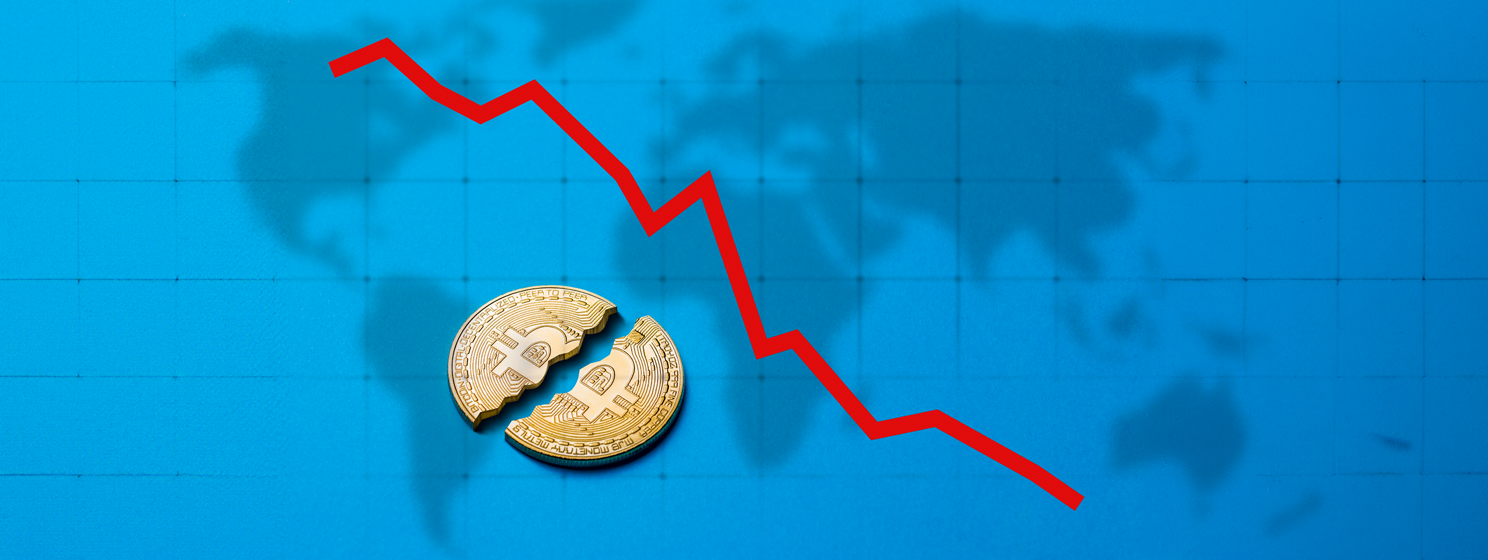|
Getting your Trinity Audio player ready...
|
As part of the preparation phase for the digital euro, the European Union’s long-anticipated central bank digital currency (CBDC), the European Central Bank (ECB) has selected providers for five components and related services.
- ECB selects providers for its CBDC
- The framework doesn’t include payments
- ECB’s progress on the digital euro
On October 2, the ECB—the central bank of the EU—announced seven companies with whom it signed framework agreements for various digital euro components and services. Specifically, for alias lookup, risk and fraud management, app and software development kit, offline solution, and secure exchange of payment information.
The first of these, “Alias lookup,” will enable Payment Service Providers to determine the important details to route a payment request to the relevant beneficiary via a “lookup function” that searches for the required data. The companies chosen for this were software and solutions consulting firms Sapient and Tremend Software Consulting.
Meanwhile, for “risk and fraud management” the chosen entities were data science company Feedzai; for the “app and software development kit” IT firm Almaviva and finance solutions company Fabrick were chosen; to provide the “offline solution,” German international security technology company Giesecke+Devrient (G+D) was selected; and computer infrastructure firm Senacor will be responsible for delivering the “secure exchange of payment information.”
According to the ECB, these seven firms were chosen as “first-ranked provider,” with a further three being selected as “second-ranked provider” to be approached only if needed; namely, payment card and payment processor equensWorldline, technology consultancy firm Capgemini Deutschland, and a third name to be announced soon.
“Following the framework agreement conclusion, G+D and other successful tenderers will work with the ECB to finalize planning and timelines,” said Giesecke+Devrient in an October 2 press release. “Under the guidance of the ECB Governing Council and in line with EU legislation, this work will cover the design, integration, and development of the Digital Euro Service Platform.”
Meanwhile, Nuno Sebastião, CEO and Co-Founder of Feedzai, said: “With tens of billions of transactions expected across the eurozone, success depends on AI that can adapt as quickly as fraud evolves. Our role is to provide the intelligence that keeps even the most sophisticated fraud out, ensuring trust in every digital euro transaction from day one.”
The company also revealed that the framework agreement signed with the ECB for the risk and fraud management component had an estimated value of €79.1 million ($92 million) and a maximum value of €237.3 million ($278 million).
However, in its October 2 announcement, the ECB confirmed that the framework agreements do not involve any payment at this stage and include safeguards to allow for the scope to be adjusted in line with changes to legislation.
Regarding the legislation on which the ECB has been urging the European Parliament to act for some time, the ECB reiterated that it would “only take a decision to issue the digital euro once the Digital Euro Regulation has been adopted.”
It added that “the actual development of the components — or parts thereof — will be decided at a later stage, subject to the ECB Governing Council’s decision on the potential next phase of the project.”
Impatient ECB
The ECB’s progress on the digital euro, from its inception in 2021—when the ECB launched an investigation into a Eurozone CBDC—to this week’s announcement of the essential service and component providers, has been relatively smooth. The ongoing digital euro testing phase is reportedly producing positive results.
Unfortunately, the ECB has taken the project almost as far as it can without the appropriate legislation, which hasn’t been forthcoming.In March, ECB President Christine Lagarde reaffirmed the ECB’s commitment to the project, saying that the team behind the digital euro was “focused on accelerating the pace,” adding that the “testing phase” of the digital euro was scheduled to end in October.
The following month, ECB executive board member Piero Cipollone presented an update on the digital euro project’s developments to the EU Committee on Economic and Monetary Affairs (ECON), urging members of the European Parliament (MEPs) to make progress on the legislation.
“The time to act is now,” said Cipollone. “Making progress on both the digital euro regulation and the regulation on the legal tender status of cash has become urgent if we are to increase our resilience to possible disruptions and reverse our ever-increasing dependence on foreign companies.”
This was echoed by Lagarde in June, who called for European lawmakers to speed up the introduction of legislation backing the launch of a digital euro.
“A legislative framework to pave the way for the potential introduction of a digital euro should be put in place rapidly,” Lagarde told a hearing of the Committee on Economic and Monetary Affairs of the European Parliament on June 23.
This plea followed the ECB announcing, in May, that it had established an “innovation platform” with 70 participants to collaborate on testing the digital euro project. The platform aims to simulate the proposed digital euro ecosystem, “in which the ECB provides the technical support and infrastructure for European intermediaries to develop innovative digital payment features and services at European level.”
Despite this positive progress and repeated urgings from key ECB figures, legislative procrastination remained, with some EU lawmakers still skeptical of a digital euro, citing common CBDC-related concerns about privacy, financial inclusion, and cybersecurity.
However, there were signs last month that the deadlock may finally have been broken, with reports that a compromise and roadmap had been agreed. The deal would include procedures that give ministers a say on whether to launch the digital euro and on holding limits.
Speaking at Bloomberg’s Future of Finance event in Frankfurt, Germany, on September 23, Cipollone hailed it as a “major breakthrough,” particularly EU finance ministers agreeing on a framework for customer holding limits, a key feature for controlling usage and safeguarding bank deposits, and a previous sticking point.
Cipollone also revealed that the bank has settled on 2029 as a realistic timeline for establishing the digital euro.
“The discussion at the level of member-states is going very well,” he said. “The middle of 2029 could be a fair assessment.”
Now, with a number of the relevant service providers chosen, this date becomes even more achievable.
Watch: Here’s how Triple Entry Accounting guarantees trust in accounting

 02-09-2026
02-09-2026 




